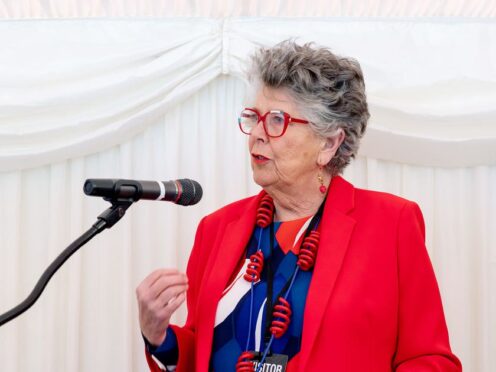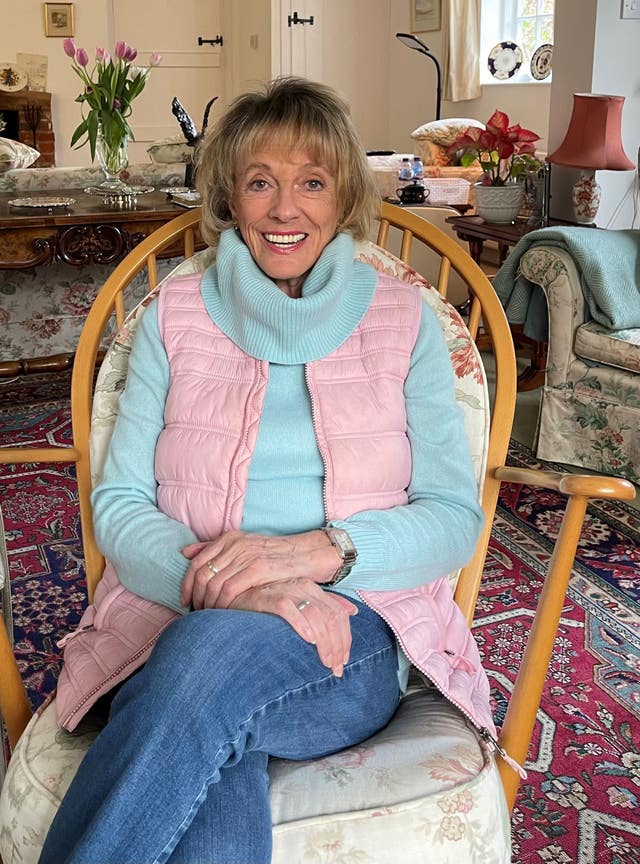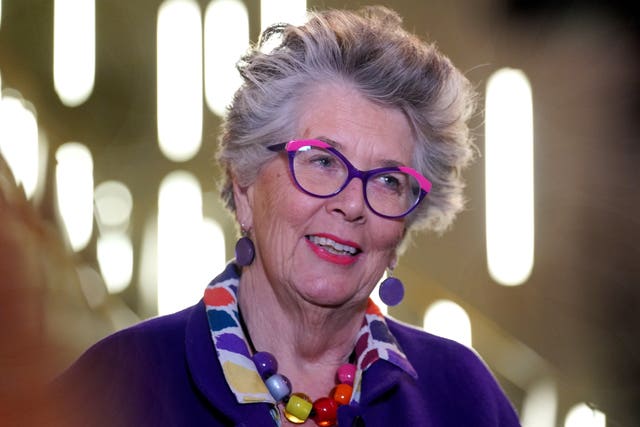
Campaigners, bereaved relatives and famous faces are due to gather outside Parliament ahead of a debate on assisted dying amid a call for “less pearl-clutching” and more constructive conversation.
Broadcaster Jonathan Dimbleby, who has previously described the current law as “increasingly unbearable” following the death of his younger brother Nicholas, who suffered with motor neurone disease (MND), is expected to be among the high profile figures gathered.
Others including actor Dame Susan Hampshire and long-time campaigner Peter Tatchell are said to be lending their voices to calls for a change in the law at a demonstration on Monday afternoon in central London ahead of the Westminster Hall debate.

Pro-change campaign group Dignity in Dying said terminally ill people and bereaved relatives will also be among those gathered, while the organisation My Death, My Decision described it as a “significant moment in the campaign for a compassionate assisted dying law”.
A petition for a debate gained more than 200,000 signatures and has been backed by Dame Esther Rantzen.
The Childline founder and broadcaster, 83, has stage four lung cancer and revealed in December that she has joined the assisted dying clinic Dignitas.
She has branded the current law, which she said could see her family left at risk of prosecution if they helped her to go to Switzerland, as “not right” and “not ethical”, and has called for a free vote on assisted dying in Parliament.
Last week, Dame Esther said she will “sadly” be unable to attend Monday’s event in person because of her health, but vowed she “will be watching the debate closely as it affects my own decision to go to Dignitas in Zurich if necessary, to protect my family from witnessing a painful death”.
Dame Prue Leith, another pro-change campaigner, hailed Dame Esther’s efforts in speaking out, thanking her for “everything she has done to make our politicians sit up and pay attention”.
In a statement to the PA news agency, the Great British Bake Off judge, who is also unable to attend Monday’s debate due to filming commitments, said: “What is needed is less pearl-clutching about whether this reform should happen, and more serious, constructive debate about how to craft the best possible law for our dying people.”
She said she is confident that “one way or another this change will be coming to the UK in the next few years” and described Westminster as being “left in the dust” while reforms are being debated in nearby jurisdictions.
The petition, which has led to Monday’s debate, stated: “Terminally ill people who are mentally sound and near the end of their lives should not suffer unbearably against their will.”

Labour MP Tonia Antoniazzi, a member of the Petitions Committee, is due to open the debate, while victims and safeguarding minister Laura Farris will respond on behalf of the Government.
There will not be a vote.
The issue was last voted on in the Commons in 2015, when it was defeated at second reading stage by 330 votes to 118.
But it has been less than two years since a Westminster Hall debate on assisted dying took place, with one held in July 2022.
On that occasion, some 38 MPs contributed to the three-hour debate.
Those who oppose a change in the law have voiced concerns that legalising assisted dying could put pressure on vulnerable people to end their lives for fear of being a burden on others, and argue the disabled, elderly, sick or depressed could be especially at risk.
Dr Gordon Macdonald, chief executive of the campaign group Care Not Killing described Monday’s debate as a missed opportunity to talk about fixing the UK’s palliative and social care system.
He said: “Instead of discussing this dangerous and ideological policy, we should be talking about how to fix the UK’s broken and patchy palliative care system so everyone can have a dignified death.”
Assisted suicide is banned in England, Wales and Northern Ireland, with a maximum prison sentence of 14 years.
In Scotland, it is not a specific criminal offence but assisting the death of someone can leave a person open to being charged with murder or other offences.
A Bill was introduced in Scotland in March – the third time members of the Scottish parliament will have considered the issue – with two previous attempts to change the law defeated.
A report by MPs at Westminster in February warned that the Government must consider what to do if the law is changed in part of the UK or on the Isle of Man or Jersey, both of which are crown dependencies and both of which are currently considering the issue.
The Health and Social Care Committee – which did not make any recommendation for a vote on the issue, said legalisation in at least one jurisdiction is looking “increasingly likely” and suggested the Government must be “actively involved” in discussions about how to approach differences in the law.
Sir Keir Starmer has said he is “committed” to allowing a vote on legalising assisted dying should Labour win the general election, while Downing Street has previously said it would be up to Parliament whether to debate legalising assisted dying again.

Enjoy the convenience of having The Sunday Post delivered as a digital ePaper straight to your smartphone, tablet or computer.
Subscribe for only £5.49 a month and enjoy all the benefits of the printed paper as a digital replica.
Subscribe